Safeguarding the Credibility of Population Health Science in a Polarized Climate
Christine Bachrach
“…science contaminated with a lack of credibility is a house with crumbling walls that engenders little trust and provides minimal value to our global society, present and future.”
In previous posts, we’ve focused on how values affect the science we do. We’ve talked about how values can influence research, and we’ve sorted through the various positions philosophers and science scholars have taken on the possibility—and desirability—of trying to produce “objective” science. Here, we move to consider the credibility of population health science— whether it is viewed as convincing or believable across potential audiences. In the context of a polarized society, could the credibility of our science in some quarters be affected by our ideological persuasion—our values?
Polls show that the credibility of science is still very high in the US. According to a Gallup Poll, in 2021 nearly two-thirds of American adults expressed a great deal or quite a lot of confidence in science, making it one of the most trusted institutions in our society. However, there is some evidence that confidence in science has been declining. The credibility of science was damaged by well-publicized research showing that many studies published in top journals could not be replicated. Credibility has been further challenged by writers documenting the ways in which scientists commit fraud, make mistakes, let biases distort their research, and promote findings prematurely. Recently, scientific credibility has also been undermined by political conflict over COVID-19 precautions and the infodemic of conflicting information on social media.
It’s important to note that the data in the polls referenced above refer to all kinds of science: They don’t say anything about how population health science is viewed. The point of this post is not that our branch of science isn’t seen as credible, but instead to explore the challenges to credibility arising out of our current context and the unique characteristics of our field.
Context, Values and Credibility
Discussions of credibility in science often suggest that credibility derives from what scientists do and not from who they are. For example, providing clear and complete descriptions of our questions, methods, and data fosters trust by facilitating the replication of results. Creating a scholarly culture that subjects all research to criticism, regardless of who the author is or whether we agree with the results, also fosters confidence that the findings emerging from a field of science are sound. In community-engaged research, credibility flows from forging respectful and meaningful relationships. And, of course, honesty in scientific conduct is essential: Nothing undermines public trust in science as badly as scientific fraud.
Rightly or wrongly, sometimes the credibility of science is also judged based on who the scientists are. Scientists’ positions on relevant issues, their employers, and other characteristics may be interpreted as flagging biases that might affect the integrity of their science. For example, are any of us tempted to dismiss science on climate change produced by oil company researchers, or research on abortion by pro-life organizations, even without reading the papers? Might the credibility of population health science be similarly vulnerable to a challenge of potential bias?
Despite our diversity in many dimensions, the field of population health science is exceedingly homogeneous in ideological and political terms. For IAPHS’s two largest member disciplines, the numbers speak for themselves: In Sociology, the ratio of Democrats to Republicans is 27:1, while in Epidemiology, the ratio of left-leaning to right-leaning scientists is 16.5:1. As a whole, academics are increasingly occupying the left-leaning end of the political spectrum, although some disciplines (e.g., engineering, chemistry, and economics) are significantly less skewed.
The political composition of a field may not matter much if the goal is understanding thermodynamics or molecular biology. However, population health science often addresses politically fraught issues—racial justice, immigration, inequality, public health policy, and more—and population health scientists often have deeply held beliefs on these issues, and even moral commitments to achieving the ends they believe in. Many population health scientists are drawn to the field precisely because of these beliefs and commitments. If our goal is to produce science that is credible across all communities, could our political stances make our science less convincing to policymakers and practitioners who don’t share a liberal worldview?
Our current political and cultural context heightens the stakes. Higher education has now become a battlefield for political conflict in the U.S. Right-wing actors have rejected AP courses in African American Studies, proposed political quotas for hiring university faculty, and fired college board members and presidents. On the left, protests have erupted over conservative speakers invited to speak on campus. Professors who express conservative views or violate progressive codes of behavior have been censured, fired, or even violently attacked. Some people are asking: Are universities still citadels of intellectual freedom, or are they vehicles for political indoctrination?
Already, trust in science is much lower among those with conservative leanings: In 2021, 79% of Democrats trusted scientists quite a lot or a great deal, compared with only 45% of Republicans. In 2018, less than half of right-leaning adults, compared with over four-fifths4/5 of those who leaned left, expressed confidence in college professors to act in the public interest.
Some IAPHS members have been actively working to enhance communication about population health across political and ideological divides. The Collaborative on Media and Messaging is tailoring messages about health and social policy issues according to the values held most closely by specific audiences. Another project, featured in a recent IAPHS Blog post, tests the potential of deliberative dialogue to develop consensus around the nation’s population health challenges.
Does It Matter?
Scientific credibility is essential both for scientific progress and for its contributions to society. Within the scientific establishment, we need to find the work of fellow researchers credible in order to build on their results. Outside the realm of science, we need our science to be credible to policymakers, practitioners, and community leaders in many different types of communities to make a convincing argument for change.
We’ve laid out a case for asking whether the political and ideological leanings of population health scientists could diminish the credibility of our science across groups and communities. As the first post in this series hinted, IAPHS members have differing views on this question, and on whether it’s important or even thinkable to engage conservative perspectives in pursuing our science. Exploring these differences may help us understand both the challenges and opportunities inherent in our big-tent field of population health science. The next post in the series will highlight opinions on these issues from the panel of informants introduced in an earlier post.
Do you see the issues raised here as valid? Important? Why or why not?
Your views will enliven and enrich the conversation. Please comment below!
About the Authors
Christine Bachrach is Senior Advisor to IAPHS and the organizer of this series. She accepts full responsibility for its content as a representation of the authors’ thoughts and opinions and not necessarily the opinion of IAPHS as an organization. Many individuals, listed below, have also volunteered to contribute their ideas and suggestions. Special thanks are owed to the following people who provided substantive suggestions on this blog post: Caryn Bell, Jennifer Karas Montez, Sanne Magnan, Jarron Saint Onge, and Anna Zajacova.
Project advisors: Yukiko Asada, Caryn Bell, Erika Blacksher, Marino Bruce, Merlin Chowkwanyun, Cynthia Colen, Jen Cruz, Jenn Dowd, Kaori Fujishiro, Taylor Hargrove, Kathie Harris, Mark Hayward, Jennifer Karas Montez, Nicholas King, Lindsey Leininger, Sanne Magnan, Jarron Saint Onge, Kat Theall, Alex Tsai, and Anna Zajacova.

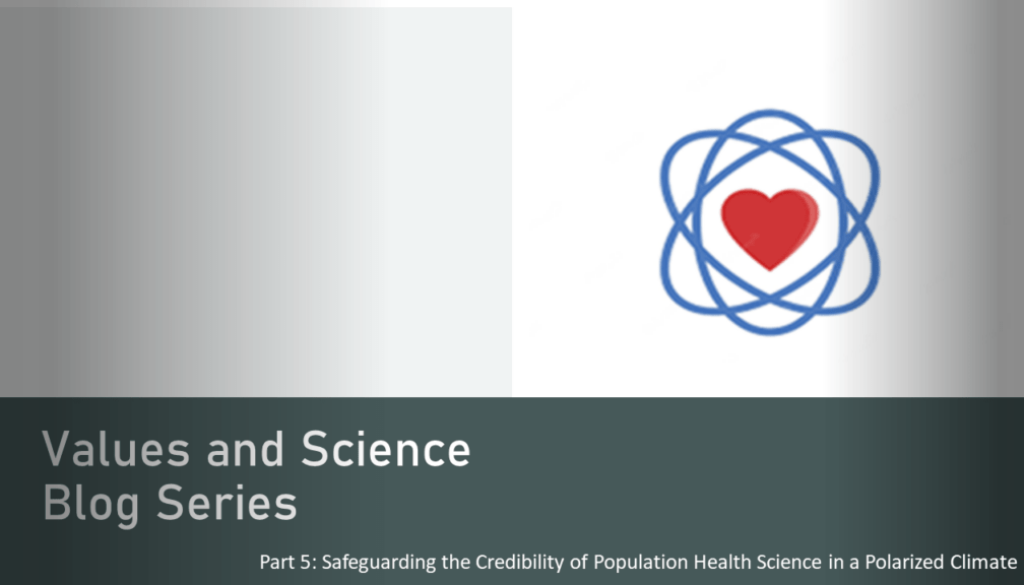
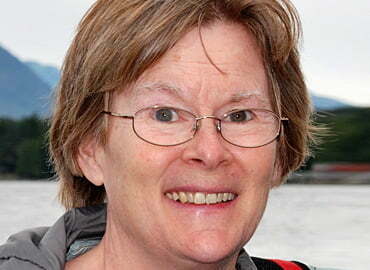
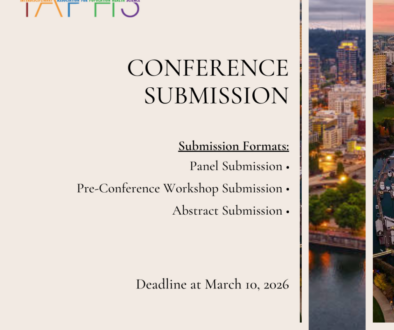
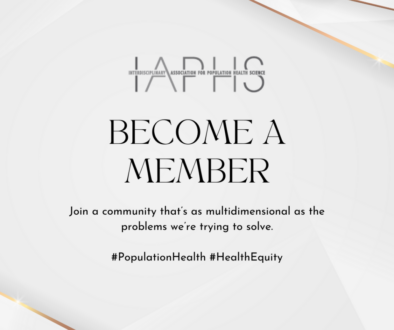
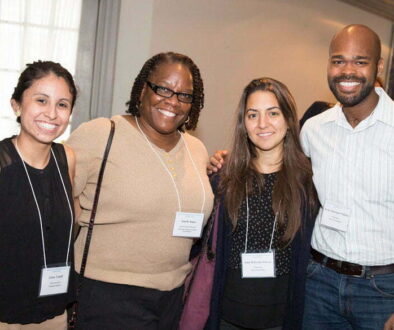
All comments will be reviewed and posted if substantive and of general interest to IAPHS readers.